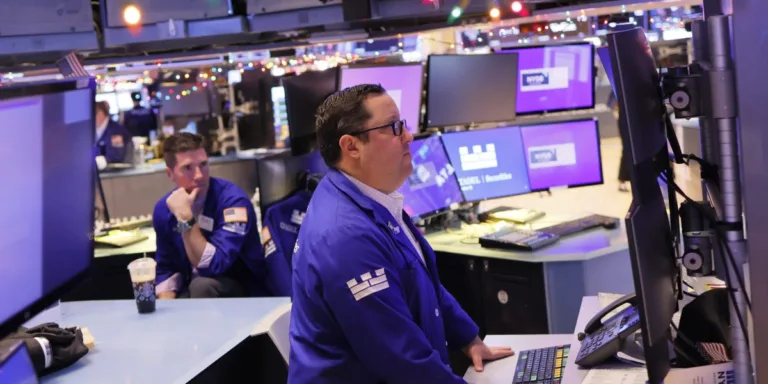Why Small-Cap Stocks Could Outperform in 2024
Fundstrat Global Advisors co-founder, Tom Lee, who previously served as JPMorgan’s chief equity strategist, believes that small-cap stocks will outperform in 2024 due to fading inflation and interest rate cuts. Small-cap stocks, which have been negatively impacted by rising borrowing costs, are expected to benefit the most if inflation continues to decrease and the Fed cuts interest rates as forecasted. Lee predicts that small-cap stocks could rise by 50% next year, and he recommends that investors consider looking to smaller companies for potential gains.




